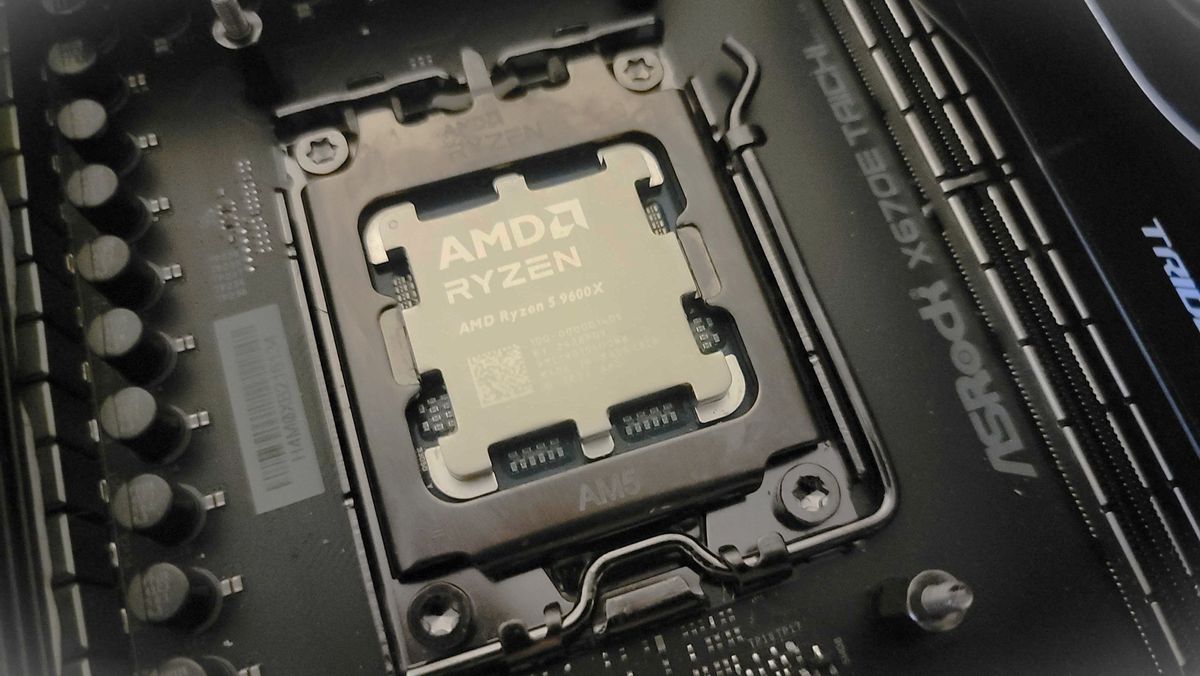- cross-posted to:
- hardware@lemmy.world
- selfhosted@lemmit.online
- hardware@lemmit.online
- cross-posted to:
- hardware@lemmy.world
- selfhosted@lemmit.online
- hardware@lemmit.online
Here we are - 3600 which was still under manufacture 2-3 years ago are not get patched. Shame on you AMD, if it is true.



Ryzen 3000 series CPUs are still sold as new, I even bought one six months ago, they’re no where near being classified as “old”, they’re hardly 5 years old. And this is not only an issue for already infected systems because uninfected systems will intentionally be left vulnerable.
Just because a store is still selling their stock doesn’t mean AND is still making them and selling them.
Ah, that changes things. Not great. But still,
what I meant was that apparently only compromised systems are vulnerable to this defect.
That is not correct. Any system where this vulnerability is not patched out by AMD (which is all of gen 1, 2 and 3 CPUs) is left permanently vulnerable, regardless of whether or not they already are compromised. So if your PC is compromised in a few months for some reason, instead of being able to recover with a reinstall of your OS, your HW is now permanently compromised and would need to be thrown out…just because AMD didn’t want to patch this.
What I meant was exactly that, which you corroborated as correct. You’d first have to already compromise these systems, in order to be able to exploit this vulnerability. That’s as I understood it. It’s that correct?
Gosh, it’s not easy getting my point across here today, I’m sorry.
All I’m saying is that I don’t think AMD is doing this to us, on purpose. I think it’s just happened, and they’re not handling it very well, even though it’s somewhat understandable. At least to me. 🤷♂️
But then again, I have no reason to be attacked or have my system compromised, so my situation is better than others’, perhaps.
I think what most people disagree with, is that the active choice from AMD to not fix a very fixable issue, is a choice they know leaves customers is a seriously bad position. This is something they choose to do to their customers, because they could just as well choose to help them.
I think that’s what I have a hard time believing. If they could “just as well” help, it is my belief that they also would. Because I don’t think they’re morons. I think they know this hurts their reputation. There has to be some obstacle, be it financial or lack of man power or… something. That is my belief.
Don’t you (all) think that sounds more likely than them just leaving their customers in the dark for no other reason than not having to do work?
Of course there’s a financial reason, they’ve probably done a cost/benefit analysis and decided that it’s financially better to screw over those customers than to spend money fixing it. But that’s exactly the issue!
I mean… 🤷♂️ The analysis is made, decision made. I probably have an affected system but… What’s the real risk for private end users? Should I really be so concerned?
Should you really be concerned about a system that can be physically ruined by malware? I would say definitely yes…